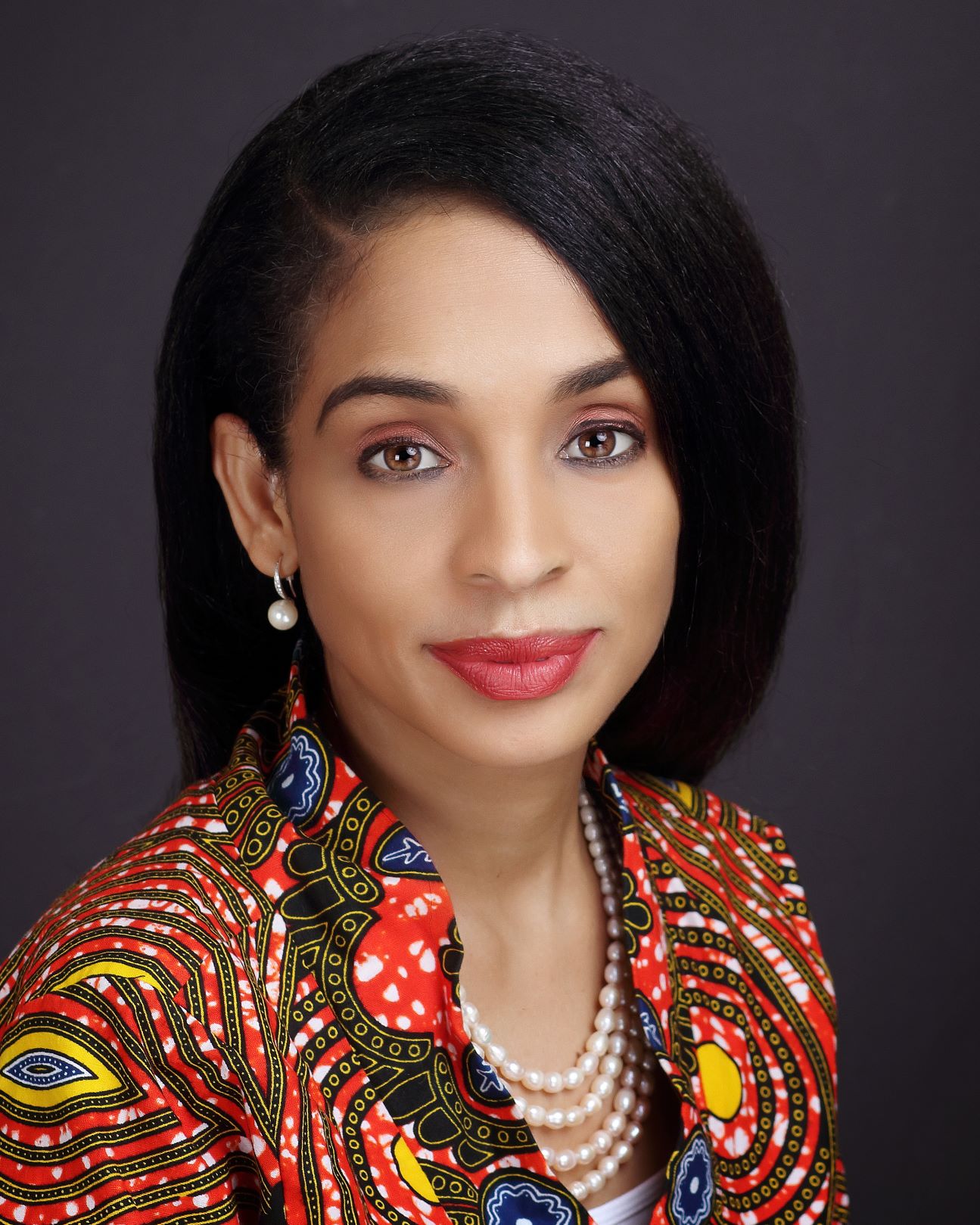Ndidi Okonkwo Nwuneli on her passion for equipping and investing in the continent’s future game-changers and also changing the food narrative on the continent.
Why can’t a continent with over 60% of the world’s unused arable land grow enough food to sustain itself? For as long as she can remember, Ndidi Okonkwo Nwuneli has pondered this serious question about Africa.
Nwuneli, an entrepreneur, philanthropist and expert on agriculture and food ecosystems, fondly recalls growing her own avocados in the backyard of her family home in Enugu, Nigeria, and selling them at wholesale prices to women in the market. From that experience, Nwuneli knew she would always work, in some capacity, in the agriculture sector.
Her mother has been a staunch supporter of Nwuneli and her four siblings pursuing their passion. To help Nwuneli hone her business savviness, her mother would constantly share annual company reports with Nwuneli when she was an undergraduate student at The Wharton School of the University of Pennsylvania in the United States.
“That helped me with business and I enjoyed going into the social impact side of business. When I started school, I was passionate about Africa and Nigeria; [this was] when I moved to the United States,” says Nwuneli.
Loading...
Her love for Africa led her to co-found the African Business Conference when she attended Harvard Business School which is now the largest student-run conference focused on business in Africa.
“The theme was reversing the African brain drain in 1999 and, at that time, no one was trying to come back to Africa. But we were already focused on that,” says Nwuneli.
After brief stints with McKinsey & Company where she worked on numerous projects, including the transformation of the South African Police Service, Nwuneli joined the Michael Porter project in the Middle East to help Palestinian entrepreneurs scale and access their markets. That is when a conversation changed things.
“While I was there, a Palestinian asked me, ‘Why are you helping our country when yours is such a mess?’ I was like, it is one thing for Nigerians to say Nigeria is such a mess but for a Palestinian to tell me that my country was a mess, that was a wakeup call and this is one of the reasons I started working on initiatives back home.”
At 25, she joined investor and entrepreneur, Fola Adeola, and his FATE Foundation initiative, where she served as the pioneer executive director, to help empower Nigerian entrepreneurs.
“From an early age, we understood the reality that what is going to save our continent is not poverty alleviation but wealth creation. We had to create jobs for ourselves and others and, at the time, unemployment rates were still high. At the time the stats were saying 70% of our youth were unemployed and when young people are unemployed, they are seen as liabilities, not assets. The challenge was how can we transform this into positive change and wealth creation,” says Nwuneli.
Part of her initiatives involved organizing the first business plan competition for Nigeria as well as an investment forum and incubator to help young people create and scale their business.
Through working with the FATE Foundation, Nwuneli realized that it is one thing to teach young people how to make money, but another to instill the importance of creating businesses that are steeped in values, ethics and succession.
To help address this gap, she founded LEAP Africa. LEAP is an acronym for leadership, effectiveness, accountability and professionalism.
“The vision was to inspire and empower the next generation of African leaders. LEAP is 21 years old today and we work in eight African countries. I was the founder and on the board until this year.”
In 2007, Nwuneli’s husband suffered from a gunshot to his knee, which led the family to relocate to Senegal.
“He took a job with a private equity fund in Senegal. I have always wanted to make an impact in the food ecosystem and I thought this was a good opportunity to solve the food problem. My first project was with Oxfam [International], who needed a West African strategy for the food crisis and from then on, I started writing a lot of reports in and around Africa. That is what has birthed what we call Sahel Consulting, which now works across Africa, and our head office is in Abuja. I am the chair of the board.”
Nwuneli believes Africa can feed itself and the world. Through her consultancy work, she advises various institutions on how to improve the food scarcity issues plaguing Africa. That was when she moved on to her next venture, Aace Foods.
“I came up with Aace Foods because I realized so much of the food in Africa was imported and, as a continent, we had a high rate of malnutrition. Aace Foods processes food from local African farmers like spices and snacks, and our vision is to displace imports and also nourish our people,” says Nwuneli.
She has now come full circle when it comes to agriculture. Through her not-for-profit organization, African Food Changemakers, Nwuneli provides a platform for food and agriculture entrepreneurs in 37 countries to scale their business and change the food narrative on the continent.
Loading...
